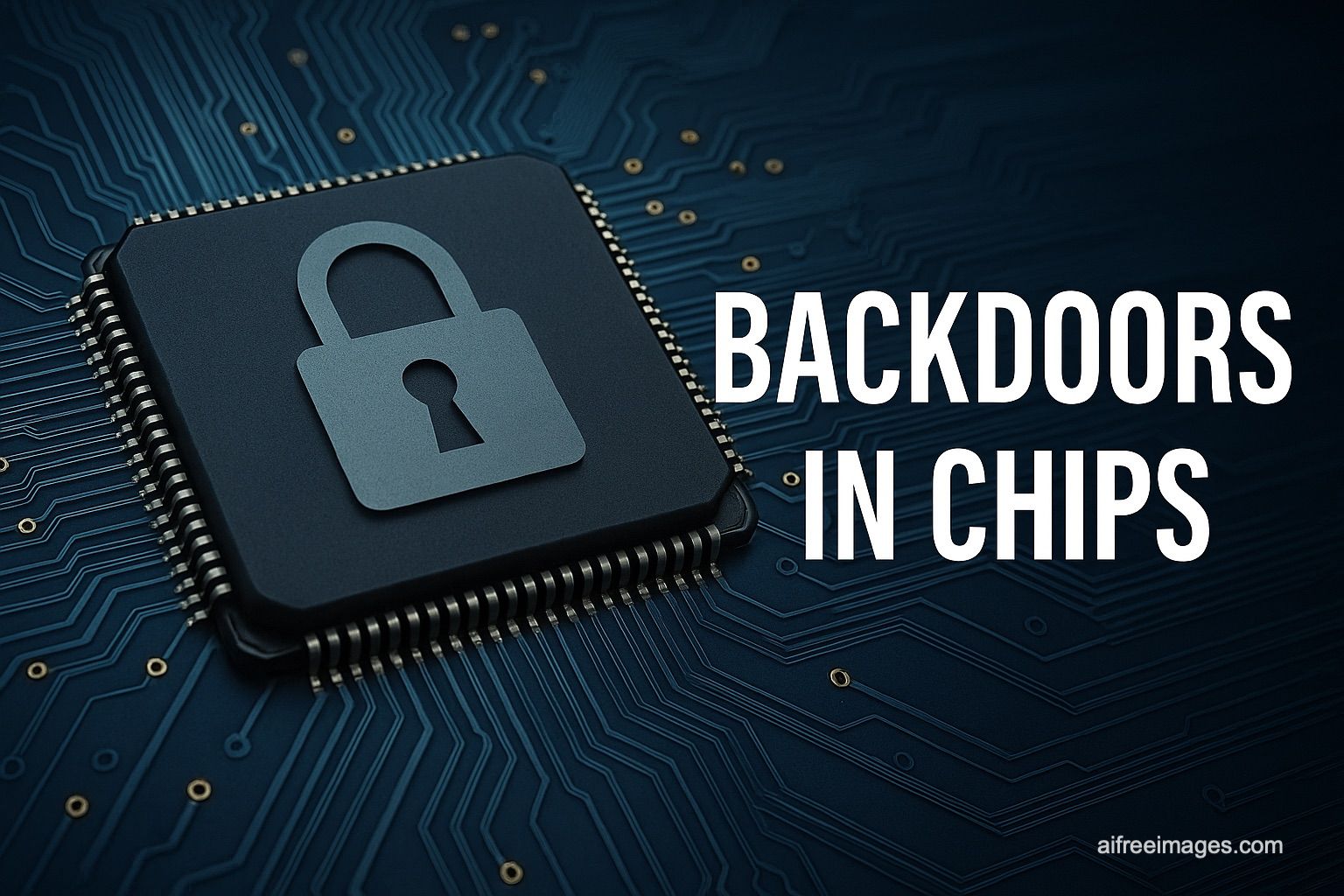The entry of NVIDIA’s artificial intelligence chips, NVIDIA H20, into the Chinese market faces a growing obstacle: public and regulatory mistrust regarding its safety. Although the company recently obtained approval to export them, following intense negotiations between CEO Jensen Huang and the Trump administration, state media and regulatory agencies in China continue to warn about potential “backdoors” in the hardware.
State broadcaster CCTV, cited by Reuters, has been unequivocal:
“When a type of chip is neither eco-friendly, advanced, nor safe, as consumers, we have the option not to buy it.”
Investigations into Possible Hidden Mechanisms
The doubts are not new. China’s Cyberspace Administration had already initiated an investigation into NVIDIA, accusing it of alleged hidden functions, such as hardware-level surveillance mechanisms or even a remote “kill switch” that could be activated from abroad.
Although NVIDIA issued a statement categorically denying the inclusion of such functions in their chips, skepticism remains. The controversy takes place within a tense geopolitical context, where the U.S. has hinted that it does not rule out the use of control mechanisms in exported chips, as part of its broader AI strategy.
A Key Market at Risk
For NVIDIA, this situation presents a major commercial challenge. China is one of the largest markets for artificial intelligence, and the company holds a significant inventory of H20 chips ready for sale. However, governmental reticence and media pressure complicate its efforts to penetrate the market on a large scale.
The issue isn’t just political; the label “unsafe” could lead major Chinese tech companies to choose domestic or alternative suppliers, limiting NVIDIA’s business opportunities amid intense international competition.
Frequently Asked Questions (FAQ)
1. What are NVIDIA H20 chips?
They are AI processors designed by NVIDIA to comply with U.S. export restrictions, offering high computing capabilities but with imposed limits for sale to countries like China.
2. Why does China suspect these chips?
Chinese authorities and state media allege that the chips might contain hidden surveillance mechanisms or remote shutdown features, posing risks to national security and technological sovereignty.
3. Has NVIDIA confirmed the existence of backdoors?
No. The company has categorically denied that its chips include backdoors or remote shutdown functions, but distrust persists.
4. What implications does this dispute have for NVIDIA?
The company could lose access to one of the world’s largest AI markets, impacting revenues and resulting in excess inventory of H20 chips with no immediate commercial outlet.

